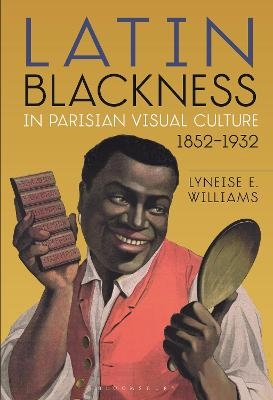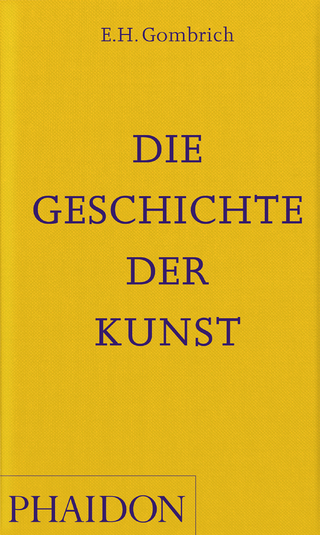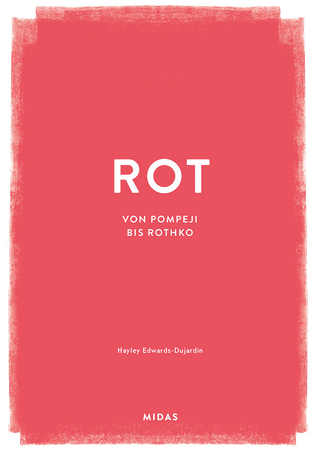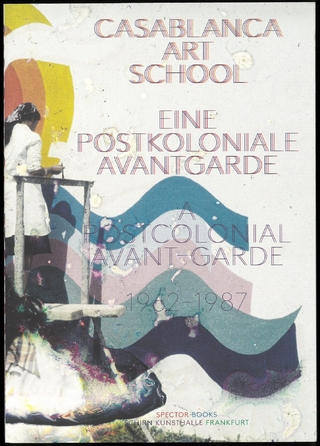
Latin Blackness in Parisian Visual Culture, 1852-1932
Bloomsbury Visual Arts (Verlag)
978-1-5013-9101-9 (ISBN)
Elites who traveled to Paris from their newly independent nations in the 1840s were denigrated in visual media, rather than depicted as equals in a developing global economy. Darkened skin, brushed onto images of Latin Americans of European descent, mitigated their ability to claim the privileges of their ancestral heritage; whitened skin, among other codes, imposed on depictions of Black Latin Americans denied their Blackness and rendered them relatively assimilatable compared to colonial Africans, Black people from the Caribbean, and African Americans.
In addition to identifying 19th-century Latinizing codes, this book focuses on shifts in latinizing visuality between 1890 and 1933 through three case studies: the depictions of popular Cuban circus entertainer Chocolat; representations of Panamanian World Bantamweight Champion boxer Alfonso Teofilo Brown; and paintings of Black Uruguayans created by Pedro Figari, a Uruguayan artist, during his residence in Paris between 1925 and 1933.
Lyneise E. Williams is Associate Professor of Art History at UNC Chapel Hill, USA.
List of Illustrations
Acknowledgements
Introduction
The Term “Latin American”
Why Paris?
Much More Than Primitivism
Reduced to Latin Americans
Parisian Figurations of Blackness from the Mid-Nineteenth to the Early Twentieth Century
Overview of the Study
Chapter 1: Playing Up Blackness and Indianness; Downplaying Europeanness
Editing Francisco Laso: Racializing Spanish and Portuguese Americans
Performing Rastaquerismo
Justified by Anthropology: Quatrefages, Hamy, and the Casta Paintings
Latin American Self-Representation
The Shifting Rastaquouère
Maintaining Anthropological Interpretations in the Early Twentieth Century
Conclusion
Chapter 2: Chocolat the Clown: Not Just Black
Chocolat and Footit: Partners in Contrast
The Auguste Chocolat
The Give and Take of Chocolat and Footit
Chocolat and Footit at the Nouveau Cirque
Chocolat as Brand Image
Beneath the Surface
Chocolat as Mixed Animal
Chocolat the Contaminant
Impure Chocolat(e)
Chocolat, That Special Ingredient: The Racially Mixed Object of Desire
Complicating Notions of Minstrelsy
Lip Interventions
Representations Through Clothing
Sexualizing Black Dandies
Assimilating the Latin
Beyond the Circus
Chocolat, Object of Gay Desire
Chocolat and the Elite and the Virile
Conclusion
Chapter 3: Alfonso Teofilo Brown: Agency and Impositions of Blackness and Europeanness
Sport and the Imagined Ideal Male Body
Black Boxers in Turn-of-the-Century France
Gangly Brown
The Purity and Hybridity of Gangly Brown
Brown the Gentleman
Images of Black Difference
Brown the Philanthropist
Conclusion
Chapter 4: Figari’s Blacks: Negotiating French and Southern Cone Blackness
Figari and Paris
Contested Whiteness and the Black Body
Conceptualizing Regional Identity
Through the Anthropological Gaze
Candombe as Framing Device
Gender and Race in Candombe
Objects as Markers
Figari as “Naïf” Painter
Increasing Latin American Presence in Paris
Perceptions of Black Uruguayans
Figari’s Evolution in Paris
Contradictions and Contrasts between Figari’s Paintings and Written Work
Conclusion
Coda
Select Bibliography
| Erscheinungsdatum | 01.07.2022 |
|---|---|
| Zusatzinfo | 9 colour and 37 bw illus |
| Verlagsort | London |
| Sprache | englisch |
| Maße | 152 x 229 mm |
| Themenwelt | Kunst / Musik / Theater ► Kunstgeschichte / Kunststile |
| Sozialwissenschaften ► Ethnologie | |
| Sozialwissenschaften ► Soziologie | |
| ISBN-10 | 1-5013-9101-1 / 1501391011 |
| ISBN-13 | 978-1-5013-9101-9 / 9781501391019 |
| Zustand | Neuware |
| Informationen gemäß Produktsicherheitsverordnung (GPSR) | |
| Haben Sie eine Frage zum Produkt? |
aus dem Bereich


